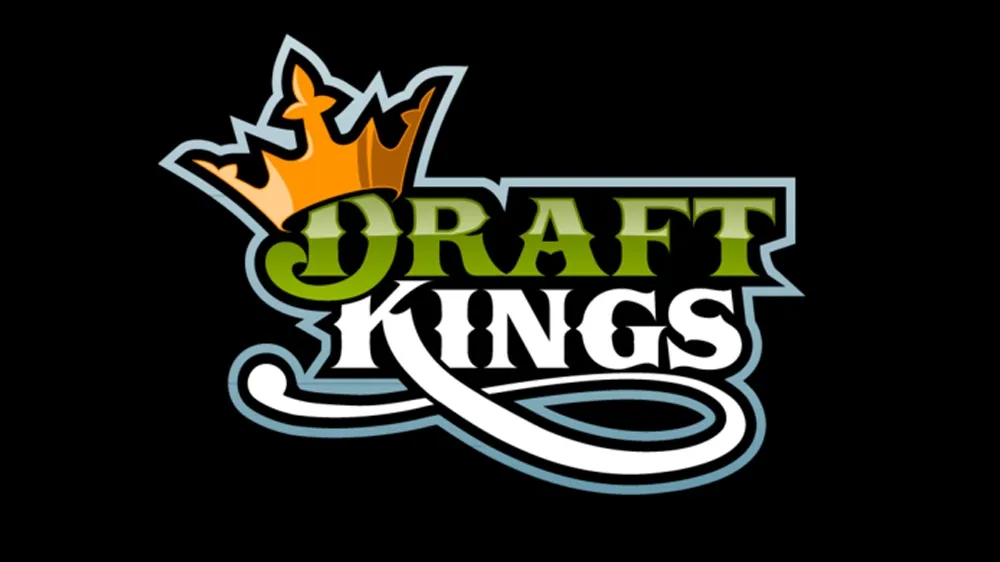Illinois lawmakers discussed the potential tax increase during a 2025 budget meeting over the weekend.
Although plans are not yet approved, the proposed hike has already impacted major operators like DraftKings and Flutter.
The proposal suggests replacing the current 15% flat wagering tax with a graduated structure.
This new tax scheme would range from 20% to 40%, depending on each operator’s adjusted gaming revenue (AGR).
Operators with an AGR of $30 million annually would be taxed at 20%.
Those reporting more than $200 million in AGR would face a 40% tax rate, a 167% increase from the current rate, making it the second-highest in the US, after New York’s 51%.
Other tax brackets include 25% for AGRs between $30 million and $50 million, 30% for AGRs from $50 million to $100 million, and 35% for AGRs between $100 million and $200 million.
Major operators like DraftKings and FanDuel would fall into the highest tax bracket in Illinois.
Though the plans are not finalized, news of the potential increase affected their stocks when markets opened on Tuesday after the Memorial Day holiday.
DraftKings and Flutter stock prices fell sharply at the start of trading.
Flutter’s stock dropped from $204.11 before the weekend to $196.64 within 30 minutes of trading, a 3.7% decrease, and continued to decline, closing at $188.33, down 7.7%.
DraftKings saw a similar trend, with its shares dropping from $40.75 to $35.88, a 12% fall, before closing at $36.61, 10.2% lower than Friday’s close.
Analysts are uncertain how operators will respond.
Truist analysts noted the significant impact on Illinois licensees if the higher rates are implemented.
For instance, FanDuel, with an AGR of $480 million, would owe an additional $102 million in taxes, and DraftKings, with a $312 million AGR, would face an additional $78 million tax burden.
Other operators, like Rush Street Interactive, BetMGM, Penn Entertainment, and Caesars, would see varying increases, but the impact would be less severe.
Analysts also highlighted potential opportunities for smaller operators and risks if other states follow Illinois’ lead.
They warned that higher taxes might push players to illegal sites, echoing concerns from the Sports Betting Alliance.
Truist analysts emphasized the underestimated prevalence of illegal markets, with a recent survey indicating that 31% of online sports betting players bet offshore.
